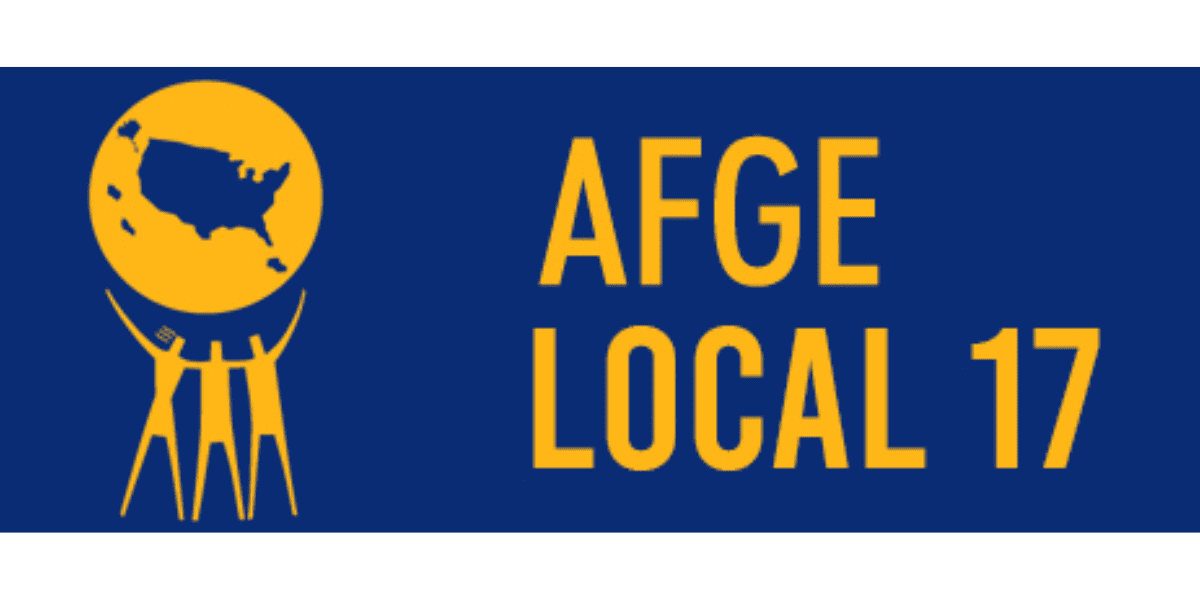Upon being denied a within grade increase (WGI), it is crucial for federal employees to know the appeal process and timeline so they may properly advocate for themselves. Any issue regarding pay and compensation shouldn’t be taken lightly, and frequently, addressing these issues sooner rather than later will not only be more efficient, but also more beneficial for the employee.
The Office of Personnel Management (OPM) advises: “Each General Schedule grade has 10 steps. Within-grade increases or step increases are periodic increases in a GS employee’s rate of basic pay from one step of the grade of his or her position to the next higher step of that grade.”
There are certain time frames or waiting periods established by law between pay increases which range anywhere from 52 weeks to 156 weeks.
Along with the waiting periods, there are other conditions that must be met before becoming eligible for a WGI. OPM lists the three conditions necessary for employees who occupy permanent positions—not designated as temporary or having a time duration of less than one year—to earn a WGI. They are:
- “The employee’s performance must be at an acceptable level of competence. To meet this requirement, an employee’s most recent performance rating of record must be at least Level 3 (‘Fully Successful’ or equivalent).”
- “The employee must have completed the required waiting period for advancement to the next higher step.”
- “The employee must not have received an ‘equivalent increase’ in pay during the waiting period. (See 5 CFR 531.407.)”
Can a WGI Denial Be Appealed?
If you find yourself having been denied an increase, you may be wondering whether you can challenge this decision and what that process looks like.
Federal employees can generally appeal their WGI denials either directly to the Agency they work for, or with OPM. However, to go to through OPM, the employee would first need to have a written decision from the Agency.
Routine pay claims that do not amount to grade or pay reductions are processed through OPM in accordance with the Legislative Branch Appropriations Act of 1996. See Section 211 of Public Law 104-53, 109 Stat. 535. With this, OPM was given authority to settle claims against the United States involving Federal employees’ compensation and leave. See Public Law 104-316, 110 Stat. 3826.
The Process of Challenging a WGI Denial
When submitting a claim, there are a few regulations that an employee must follow. First, the employee must submit their claim in writing. There is no specific form required by regulation, but in their claim, federal employees should describe the bases for the claim and state the amount sought, as well as include: any/all contact information of the claimant and the individual who denied the claim; a copy of the denial of the claim (i.e., agency-level decision – here, it would be the decision denying the WGI); and any other relevant information. Federal employees, or any other claimant for that matter, can submit on their own or through the help of a representative—such as a private attorney.
Typically, employees always have the option of filing direct appeals of Agency decisions to the Agency itself, usually by requesting reconsideration of the decision. Title 5 of the Code of Federal Regulations (CFR) at Section 178.102(a) indicates that the employing agency must review and issue a written decision on a compensation claim before it is submitted to OPM for adjudication. The employee is then responsible for preserving the claim period by demonstrating the signed, written claim, was filed within the applicable statute of limitations. Which, except as otherwise provided by law, all claims against the United States Government are subject to the 6-year statute of limitations contained in 31 U.S.C. § 3702(b). Therefore, to timely file a claim with OPM, or with the Agency directly, the employee must file the claim within 6 years from the date the WGI denial.
However, if your position is part of a Collective Bargaining Unit, your rights to challenge a WGI denial may be governed by the applicable Collective Bargaining Agreement (CBA). You should review the CBA or contact your union representation to learn whether your CBA covers WGI denials. If the employee meets the following conditions, he or she must follow the Negotiated Grievance Procedure (NGP) as an exclusive administrative remedy:
- Member of a bargaining unit; and
- Bargaining unit is covered by a collective bargaining agreement; and
- The collective bargaining agreement did not specifically exclude compensation and leave matters from the scope of the negotiated grievance procedure.
Also, compensation claims can be made under the Fair Labor Standards Act (FLSA) – 29 U.S.C. § 203, et seq.
Issues surrounding pay and compensation denial are important to address immediately. It may be to your benefit before filing an appeal to consider working with an attorney when challenging your WGI denial. Often times these issues can be resolved through discussion directly with the Agency, rather than going through the appeal process.





